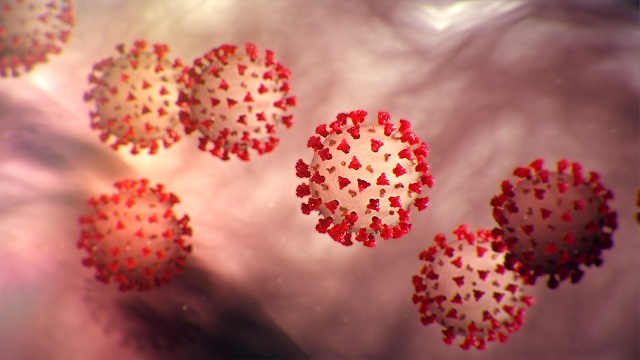
Kampala, Uganda | THE INDEPENDENT | The National Institutes for Health (NIH) has embarked on a new phase III study where they are testing the effectiveness of three drugs that help to activate, boost, or restore normal immune function after the virus has damaged the immune system. These drugs are also called immune modulators.
According to a statement by the NIH, the drugs to be studied include arthritis drugs infliximab also known as remicade, abatacept or orencia and Cenicriviroc (CVC), an investigational drug being developed by global pharmaceutical AbbVie which will be given to 2100 hospitalized adults with moderate or severe COVID-19.
The NIH Director Francis S. Collins said in the statement that the transnational trial will seek to determine if modulating immune responses that trigger so-called cytokine storms can reduce the need for ventilators and shorten hospital stays and whether the trialed therapeutics are able to restore balance to an overactive immune system.
All the participants will also receive remdesivir, the Ebola drug that the World Health Organisation declared ineffective in treatment for COVID-19 last week but has been used widely in treating hospitalized patients across the world.
Also, the statement shows convalescent plasma and dexamethasone will be allowed at the discretion of the site investigator and in accordance with national guidelines of a specific country where participants have been picked.
Then, Participants will be randomly assigned to receive a placebo or one of the immune modulators as an add-on treatment where they will be analyzing different combination treatment regimens with respect to illness severity, recovery speed, mortality and hospital resource utilization.
Enrollment is now open, and the trial is expected to last approximately six months.
********
URN
 The Independent Uganda: You get the Truth we Pay the Price
The Independent Uganda: You get the Truth we Pay the Price


